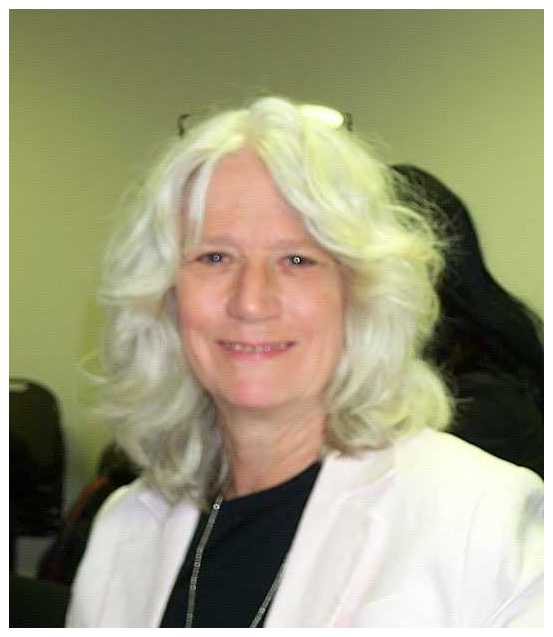Next Profile
Achievement Profile: Ann Raimes
Inspiring New Approaches to the Teaching of Writing
Since her landmark paper, "Tradition and Revolution in ESL Teaching," presented
at the 17th Annual TESOL Convention in Toronto, in March, 1983, Ann Raimes has
been a driving force for change in ESL approaches, particularly to the teaching
of writing skills. ESL MiniConference Online is pleased to present her comments
from a recent interview.
Some Ann Raimes links:
Keys for Writers (Houghton Mifflin) (2002)
What is your main ESL activity now? What are your
principal projects, and what is on the back burner?
Hunter College has lost most of its ESL courses-Board of Trustees policy to do away with "remedial" courses in CUNY's four-year colleges. We still offer a few courses, mostly geared to passing an ACT writing test. So I teach these ESL courses and every year I teach a grad course in "Rhetoric and Composition" to prospective teachers in our MA program. Mostly, though, I teach freshman and upper level writing courses, which are not specifically ESL, but because Hunter is an urban public college, many of the students have ESL backgrounds-maybe 50% or more. Right now I'm involved in designing and teaching a "hybrid online" writing course using Blackboard. We have some class meetings, and some online projects. All the course materials are online and the Discussion Board is heavily used. It's a ton of work-much more than a regular course. But a new challenge is always good, especially after 30+ years in the classroom.
On the back burner are always all my writing projects-several Houghton Mifflin handbooks for writing courses in various editions and Cambridge U Press ESL writing and grammar books-all needing continual updating and revision.
How did you start your ESL career? Who influenced
your decision? What were some important formative
experiences in the early stages of your development?
I sort of slipped in sideways. I was teaching German at Cornell and then U. Mass in Amherst, and realized I enjoyed teaching language rather than literature. I had previously taught ESL in England (7 hours a day, 5 days a week-"Open your books at page 72" kind of approach) and saw the possibilities. So I gradually got more and more into ESL. Then I was teaching at the New School in New York City and was asked to supervise new language teachers and teach a teacher-training course. That was in 1967 and I've been in the teaching of ESL ever since. I got into writing when I went to Hunter College in 1971 and so began my two career loves: ESL and writing.
What are the four or five language/culture backgrounds
with which you are most familiar as a teacher? Which
ones are you familiar with from the perspective of a
language learner yourself? What insights have you
gained in how to meet the needs of English learners
from these cultures and language backgrounds?
Lots of dead languages in my background: Latin, Anglo Saxon, Middle English, Old High German, Middle High German . . .! Over the years, I've studied the structures of various languages without ever learning how to speak them. A few years ago I took a Japanese course to put myself on the other side of the classroom as a language learner rather than teacher. It was salutary. I remember learning how to count: one, two, three etc. and feeling proud of my accomplishment. Then to my horror I found out that that was only one of many systems. Japanese uses different words for counting different objects: cylindrical, flat, and so on. I remember feeling a great sense of "Oh no! They can't do this to me," something akin to how our students feel about used to + simple form and get used to + -ing. "But why?" they wail-understandably.
If you had to give three pieces of advice to a
new ESL teacher, what would they be?
What do you see as the most important issues
facing the ESL/EFL teaching profession today?
The Internet as source of use of English and for examination of how English is used: how we can use it to help our students;
English-speaking countries and their political roles in conflict, determination of boundaries, war and peace-all those things that force us to consider our political role as language teachers;
Getting across the idea of Standard English, what it is, and who determines what it is: Whose English are we teaching and what do we expect students to do with what they learn?
Interviewed by Robb Scott
2002 ESL MiniConference Online
Grammar Troublespots : An Editing Guide for ESL Students (Cambridge)
(1999)
Out of the Woods: Emerging Traditions in the Teaching of Writing (1991)
The Texts for Teaching Writing (1988)
Tradition and Revolution in ESL Teaching (1983)
An ESL MiniConference Online interview
with Ann Raimes: